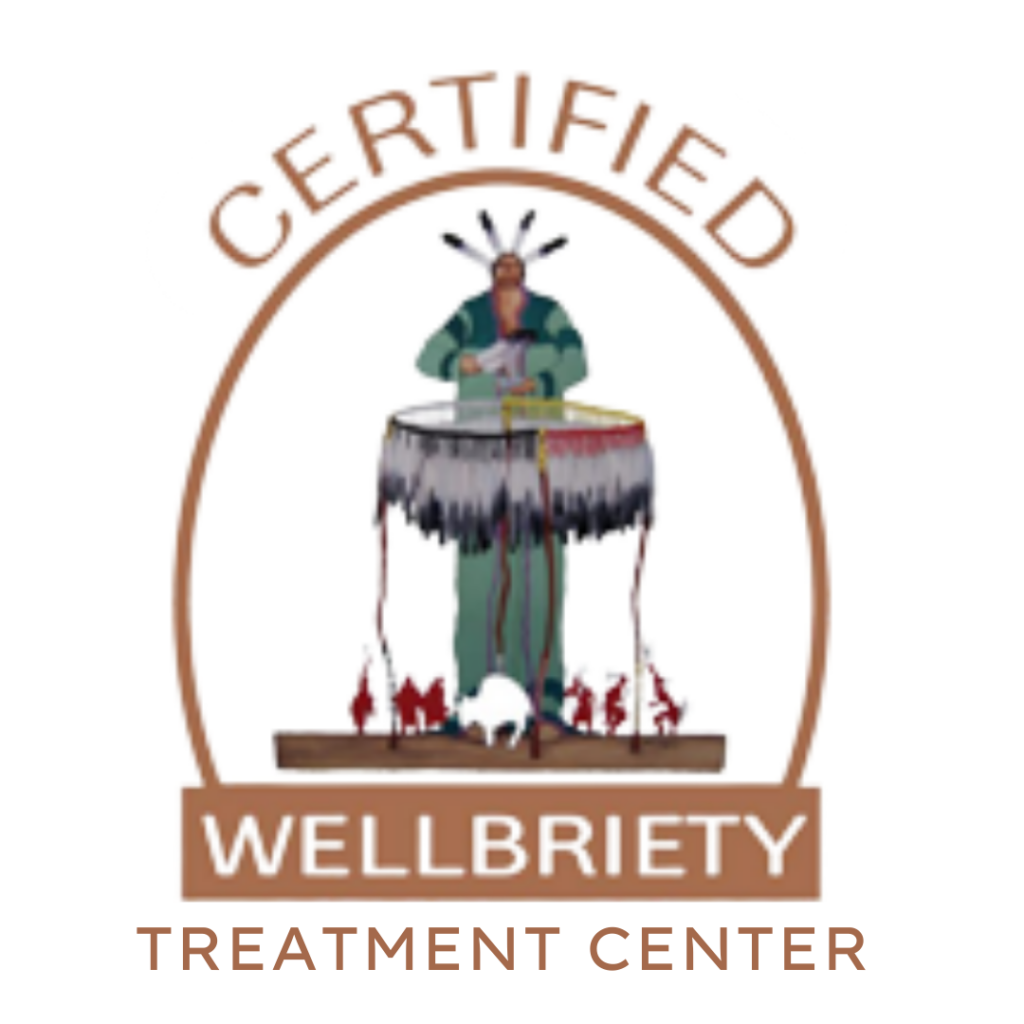Why Alcohol, Adderall, Molly, Cocaine, and Marijuana Are so Popular Amongst College-Aged Students:
Starting your freshman year at a new school and possibly even in a new place is sometimes a scary, yet exciting new beginning in life. You’re on your own with the decisions you make, places you go, and the people you hang out with. This sense of freedom and independence can be thrilling and maybe even frightening for some individuals. Students make irrational decisions in college. They try new things- food places, activities, styles, slang, and sometimes drugs in college. No one tells them about the different effects and dangers of taking these drugs, they just say “you’ll like it”. This is when a lot of students cave under peer pressure and do things they’re uncomfortable with or not 100% sure about.
Some of these commonly used and abused drugs by college students are alcohol, Adderall, Molly, Cocaine, and marijuana.
Alcohol
Drinking alcohol is a huge factor in fitting in with the college party scene. This is not always a familiar environment or activity for most young adults, making it uncomfortable and easy for compromise. Alcohol can seem to be an outlet to letting loose and having a fun time, although not everyone has this experience. Alcohol moderates brain activity, making it a central nervous system depressant. Excessive drinking can lead to throwing up, health and/or safety risks, poor decision-making, unconsciousness, risk of sexual abuse/assault, “blacking out”, etc. These are all instances no one ever wants to be in. If you are going to consume, be smart and well aware of your limits as well as your surroundings.
Adderall
Adderall is a prescription drug used and abused on college campuses nationwide. Students are taking Adderall to make themselves more alert in order to improve their academic performance- studying and/or test-taking. It is also used for enhancing one’s social engagement, making users more talkative and energetic. Amphetamine and Dextroamphetamine are the two main components that make up Adderall. It serves as a stimulant for the central nervous system, which can often lead to anxiety and even sleep deprivation. Users claim that taking Adderall makes them more alert and focused on what they are doing, hence why college students are using it for academic purposes. One of the more dangerous uses of Adderall is in social settings. People often use it if they have social anxiety or are not the most outgoing person.
When taken in a party setting, users will often combine it with alcohol if they’re not thinking straight. With Adderall being a stimulant and alcohol a depressant, the two drugs mixed can lead to several health and safety risks. Most drugs, if not all, should NOT be mixed with alcohol or other drugs.
Molly (Ecstasy)
Ecstasy, aka “Molly” has become normal to consume at rave parties, clubs, and concerts. According to studies done by the National Institute on Drug Abuse, most molly does not contain MDMA, “Of 143 batches of Molly seized by the U.S. Drug Enforcement Administration (DEA), between 2009 and 2013, only 13 percent actually contained ANY MDMA…So what are people tripping on when they take Molly? Bath salts!.. Bath salt users have needed help for heart problems, paranoia, hallucinations, and panic attacks, and bath salts have been linked to numerous deaths as well as serious emergencies involving dehydration, breakdown of muscle tissue attached to bones, and kidney failure.”
Some of the side effects of molly include an increase in energy, emotional comfort and pleasure, and contorted sensory comprehension. Young adults often use this drug so that they can “feel something” and forget everything around them in these settings. Fatal overdoses are rare, however still life-threatening, Molly can cause high blood pressure, dizziness, anxiety attacks, and loss of consciousness. The side effects can be addictive. This makes it even more dangerous at rave events where the days are long and students want that “feeling” to linger, which makes them want to consume more.
Cocaine
In 2020, National Survey of Drug Use and Health (NSDUH) reported an estimate of 5.2 million people 12 or older to using cocaine within the last year. Cocaine is known for its euphoric effects, enhancement of social skills, and energy boosts, making it one of the most widely abused drugs on college campuses. It, however, can be extremely detrimental to your mental and physical health. Sometimes referred to as “the skinny drug”, many college-aged women use it for its effects on weight loss. So many college-aged women and even men fear the “freshman 15” that they turn to cocaine instead of a diet or fitness. It might start out that you’re only looking to shed a few pounds, but with how addictive cocaine is, that never happens to be the case.
Other severe effects of cocaine abuse may include abdominal pain, cardiovascular effects, seizures, strokes, loss of appetite and sleep, etc. The side effects of cocaine are almost immediate and short-lived, making it that more addictive to re-consume.
Marijuana
Last, but certainly not least, marijuana use has spiked since the pandemic, while alcohol use has declined. College students especially use marijuana for calming their nerves and/or anxiety and producing a euphoric “high”. While it is legal for ages 21+ in 18 states, most consumers are either not 21+ or live in a state where it’s not legal. With the rise of Delta-8 THC, consumers are also using this or applying for their medical card. Delta-8 THC is CBD-dominant yet still produces a dimmed down, euphoric feeling or high. A handful of people use marijuana because they were told it would help reduce their anxiety or PTSD. More often than not, it does the exact opposite. The main psychoactive compound in cannabis, Tetrahydrocannabinol (THC), enhances these feelings, making them a lot worse than they might’ve been before.
Is Nicotine A Drug?
Another popular and very addictive substance widely used on college campuses is tobacco products. Nicotine product sales have especially gone up as the domino effect is in full swing. When the Juul products became popular with college-aged students, everyone started hopping on the bandwagon. Your friend told you to try it then next thing you know you’re buying your own and sharing the addiction. Nicotine products are designed to help those with cigarette addictions, although the majority of users never had an addiction to start with. College students started using these products without any comprehension of what was in them or just how addictive and harmful they are, and now millions are addicted.
Just Because Everyone Is Doing It Doesn’t Mean That You Should
More times than not, students get involved with drugs in college because of the people they surround themselves with.”You are who you hang out with” is a saying I’ve lived by my whole life. This has always proven true for me in my relationships and the people that are around me. It’s easy to fall into your friends’ habits when you’re always around them and they’re encouraging you to do what they’re doing. College is hard as it is- making friends, being overloaded with assignments, stress, getting involved on campus, etc., but drug abuse will never be the answer or cure to any of these challenges.
























